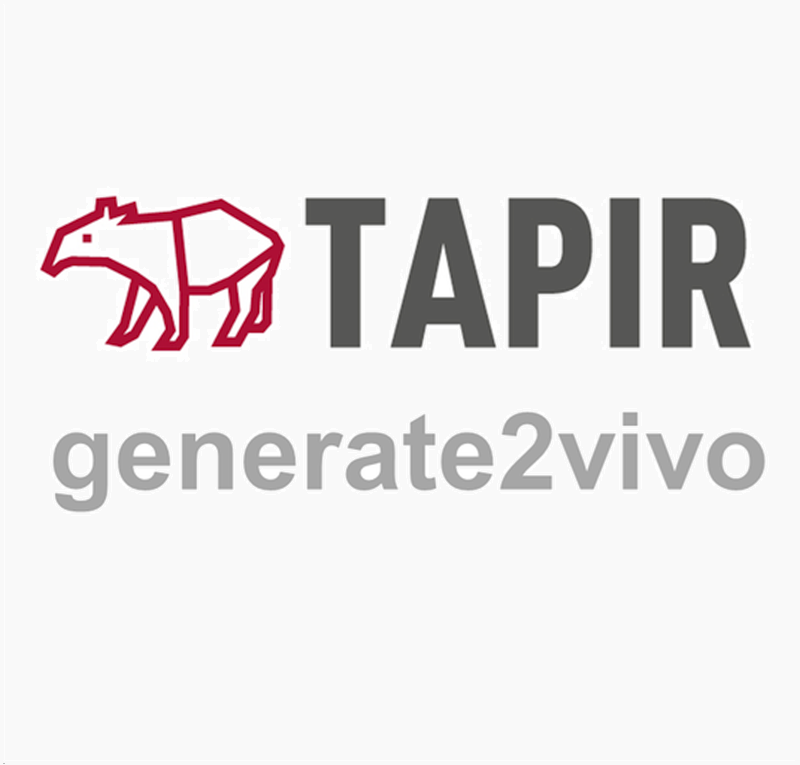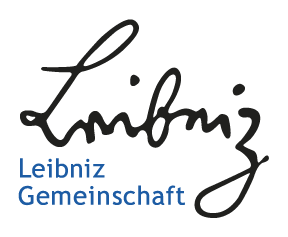NLP technology is all-pervasive for commonsense knowledge. There are many causes for this. Most of the internet and its data is about commonsense knowledge and world events, so NLP technology is developed over the data domain that is most easily available. But what about the scholarly domain with its rapidly growing body of knowledge produced worldwide? These are those specialized domains of knowledge in Science, Technology, Engineering, and Mathematics (STEM), all of which open up countless doors for NLP.
The opportunities are endless!
➔






